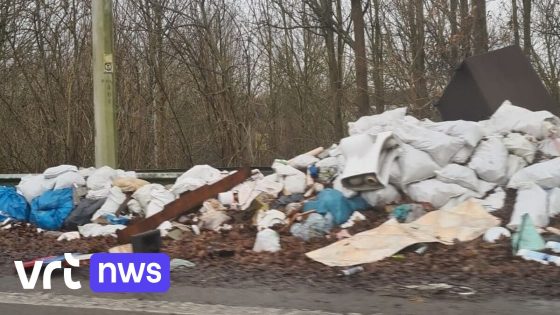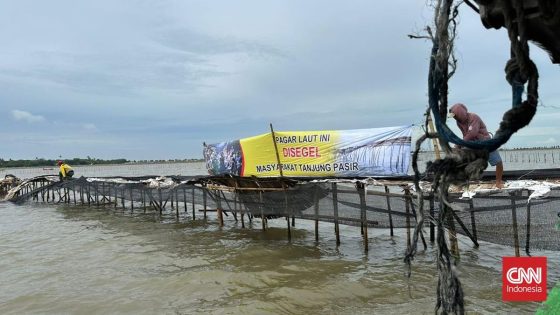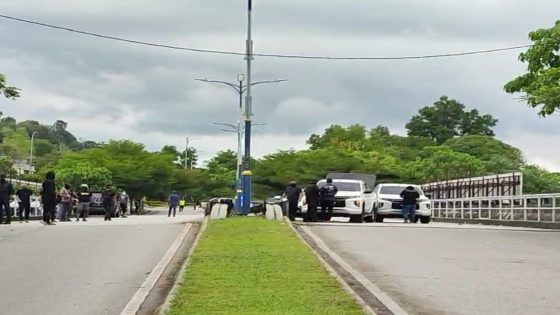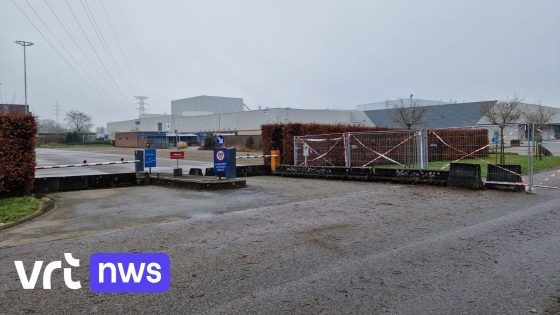Brussels is set to tackle a significant illegal dumping issue on the Brussels ring road in Anderlecht. On January 17, 2025, Brussels Mobiliteit will lead a large-scale cleanup operation involving trucks and street sweepers. Why wait for an underperforming subcontractor when local authorities can step in directly?
- Brussels Mobility oversees regional roads and tunnels.
- Initial plan involved hiring a subcontractor.
- Net Brussel engaged despite lack of authority.
- Safety measures include proper signage implementation.
- Twelve individuals identified via surveillance footage.
- Offenders face significant cleanup costs and fines.
This decisive action aims to ensure safety and restore cleanliness to one of the city’s busiest roads. With illegal waste posing risks, how can communities prevent such issues in the future?
Brussels Takes Action Against Illegal Dumping: What You Need to Know
The upcoming cleanup operation highlights a growing concern about illegal waste disposal in urban areas. How does this affect residents? The effort not only addresses environmental hazards but also promotes community pride and safety.
Understanding the Scale of Illegal Waste Issues in Urban Areas
This cleanup is part of a broader strategy by Brussels authorities to combat illegal dumping effectively. The initiative includes:
- Utilizing advanced camera technology for offender identification.
- A coordinated response from local agencies like Net Brussel.
- Implementing strict penalties for violators, potentially costing thousands in fines.
- Raising public awareness about responsible waste disposal practices.
The Role of Technology in Combating Illegal Dumping
Cameras have become vital tools in identifying those who illegally dump waste. By capturing clear images of offenders, authorities can take swift action against them. This technological approach not only aids enforcement but also serves as a deterrent for potential violators.
The Community’s Role in Preventing Illegal Waste Disposal
Communities play an essential role in maintaining cleanliness and preventing illegal dumping. Residents are encouraged to report suspicious activities and participate in local cleanup events. Together, they can foster a cleaner environment and promote civic responsibility among neighbors.
The Financial Impact of Cleanup Operations on Local Governments
Cleansing urban spaces of illegally dumped waste requires significant financial resources. Local governments must allocate budgets for these operations while also considering the long-term costs associated with pollution management and public health initiatives.
This proactive approach by Brussels serves as an example for cities worldwide facing similar challenges with illegal dumping. How can your community learn from this initiative?
































